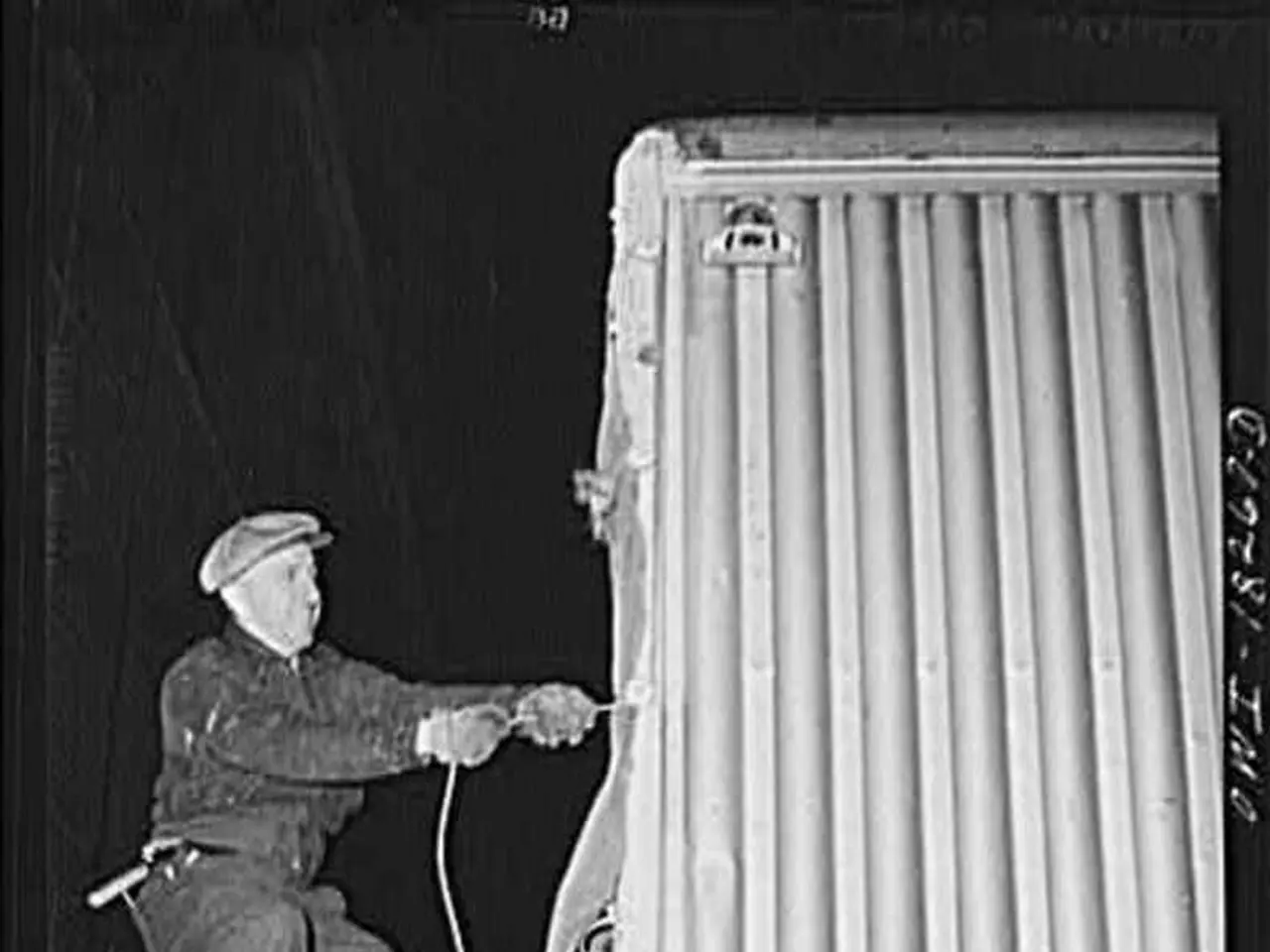Legally Towing Someone's Vehicle: A Detailed Overview
In the ever-changing landscape of towing regulations, it's essential for vehicle owners and property managers to stay informed about the specific laws and ordinances in their locality. Here, we provide an overview of the rules and considerations in various jurisdictions, ensuring a smooth and legal towing process.
Connecticut, for instance, has recently enacted a comprehensive towing reform law. The new legislation mandates that towers give consumers time to register their vehicle before it can be towed, and they must accept various forms of payment, not just cash. The law also requires tow companies to maintain weekend business hours to prevent fee accrual when they're closed[1].
In New York City, homeowners can report a vehicle obstructing their driveway to the police, who may issue a ticket. The homeowner can then opt to have the vehicle towed by a private company or request a police-arranged "rotation tow." The vehicle owner is typically responsible for towing fees[2]. It's advisable to document the situation with photos and keep records of all communications and actions taken.
Tennessee law allows the public to report abandoned vehicles to law enforcement. Private property owners may call a towing firm and sign a tow slip requesting removal, governed by Tennessee Code Ann. § 55-31-302 and related sections[3].
Long Beach, Mississippi, requires that a tow truck must be manned by at least one person when towing a motor vehicle on city streets[4].
These examples illustrate the diverse regulatory frameworks across different jurisdictions. Generally, the process involves contacting law enforcement or private towing companies, and the vehicle owner is often responsible for towing fees. Each location has specific laws and procedures that must be followed to ensure legal compliance.
Before calling a tow truck, it's important to document the violation, attempt to contact the vehicle owner (if possible), and notify the local authorities (if required). As a property owner, you have the right to control access to your property and to remove vehicles that are trespassing or violating parking rules, but there are limitations to this right.
Choosing a reputable towing company is essential to ensure proper adherence to local laws and regulations. Proper documentation of the vehicle's condition before and after towing can help minimize the risk of damage-related legal issues. If a vehicle owner believes their car has been illegally towed, they can contact the towing company, file a complaint with local authorities, or consult with an attorney for potential legal action.
Local laws and regulations dictate the notice requirements before towing a vehicle, which may include conspicuous signage or direct notification to the vehicle's owner. Common scenarios where towing may be legally justified include unauthorized parking on private property, blocking driveways or access points, parking in designated fire lanes or emergency zones, and abandoning vehicles.
It's crucial to verify that the towing company is licensed and insured before hiring them to avoid potential legal pitfalls. Towing a vehicle without a legitimate reason or without following proper procedures can lead to legal complications. Local ordinances are often more specific than state laws and may address issues such as parking restrictions in residential areas, time limits for parking in certain zones, and regulations regarding parking on private property.
Staying informed about towing regulations in your area can help you navigate the process smoothly and ensure that your rights are protected.
- While knowing the specific towing rights in Connecticut, it's crucial to remember that towers must give consumers time to register their vehicle before it can be towed, accept various forms of payment, and maintain weekend business hours, as mandated by the comprehensive towing reform law.
- Additionally, in the process of towing a vehicle, it's essential to be aware that sports cars, like luxury or race cars, might have specific regulations or requirements related to their unique characteristics, depending on the jurisdiction's local laws and regulations.







